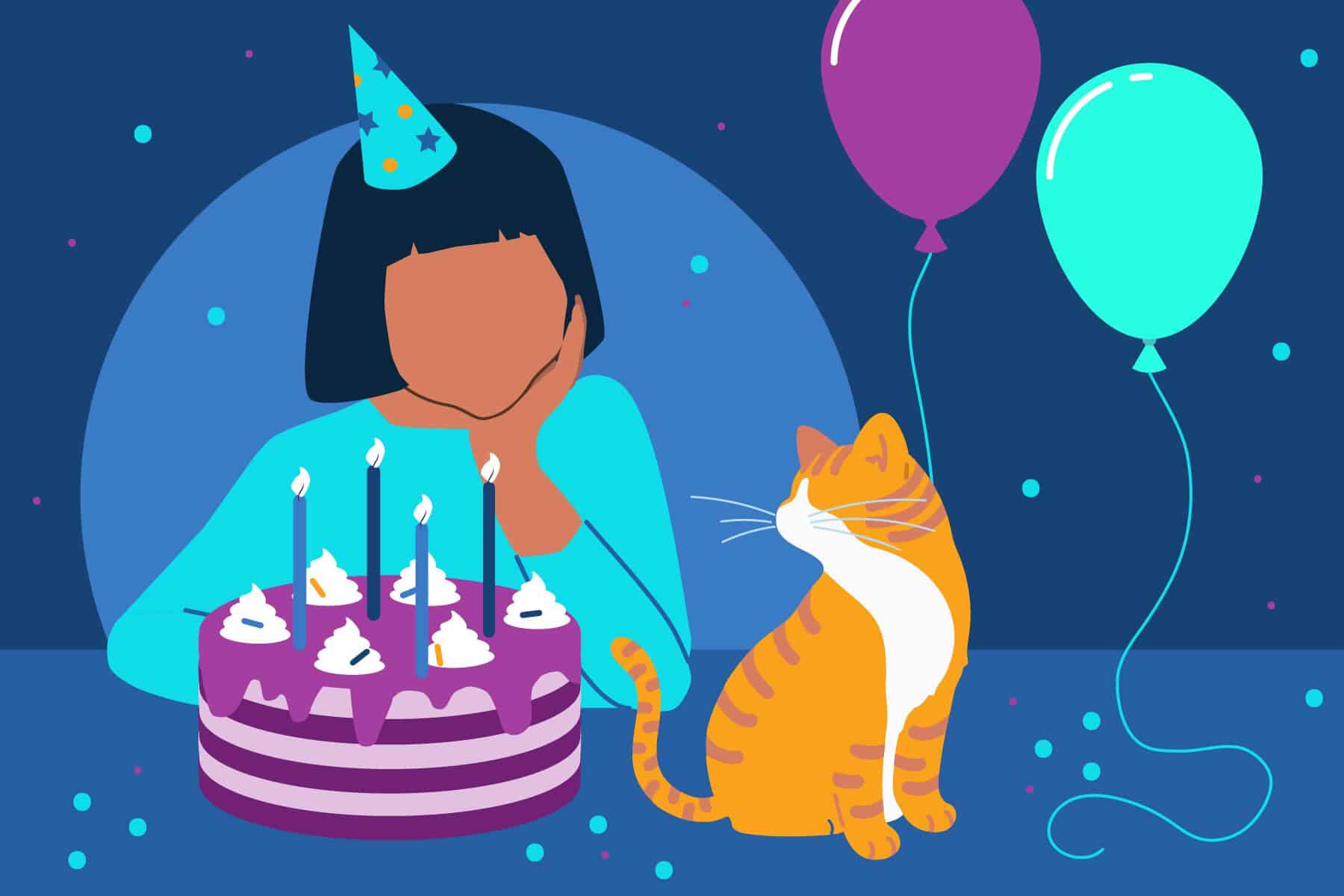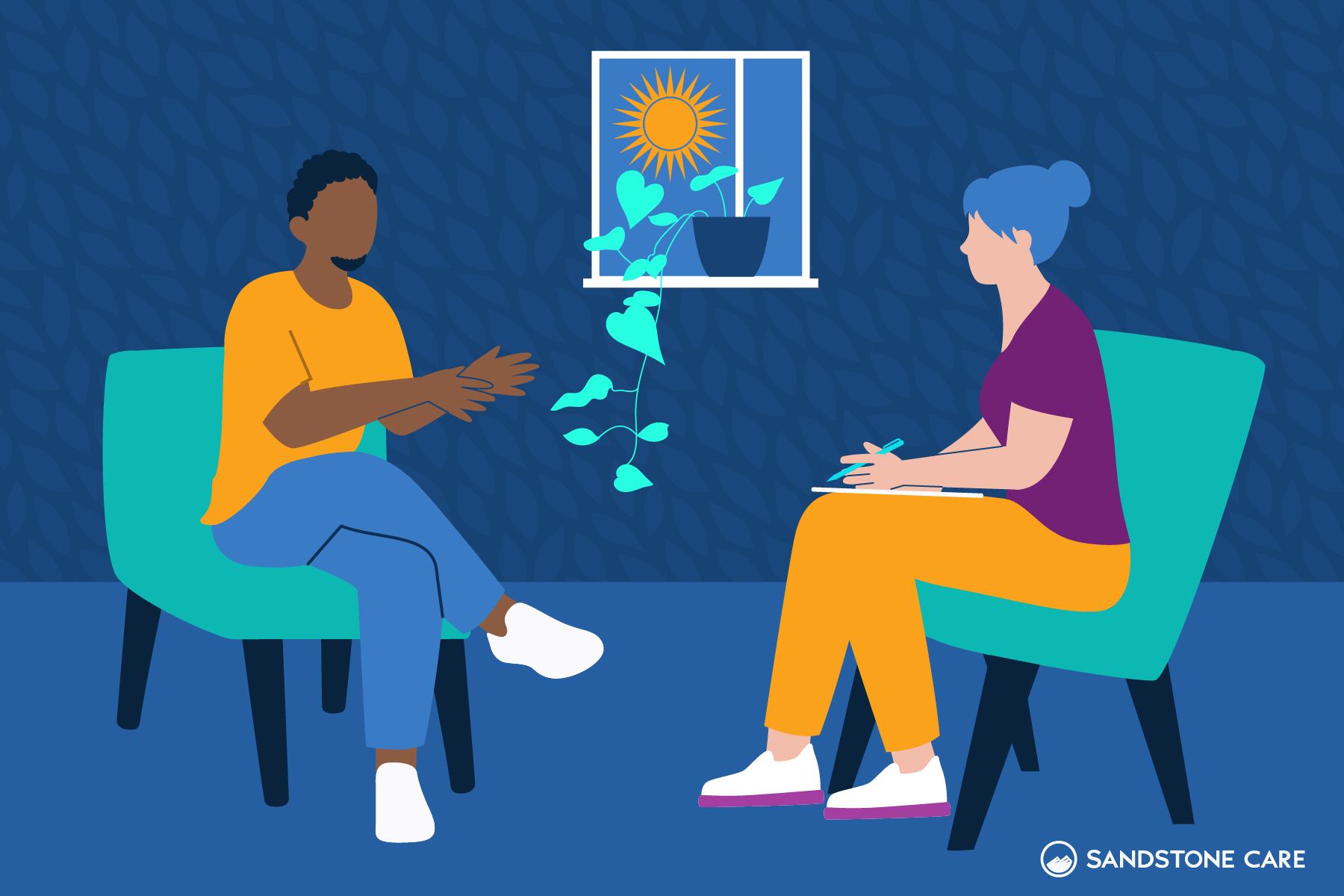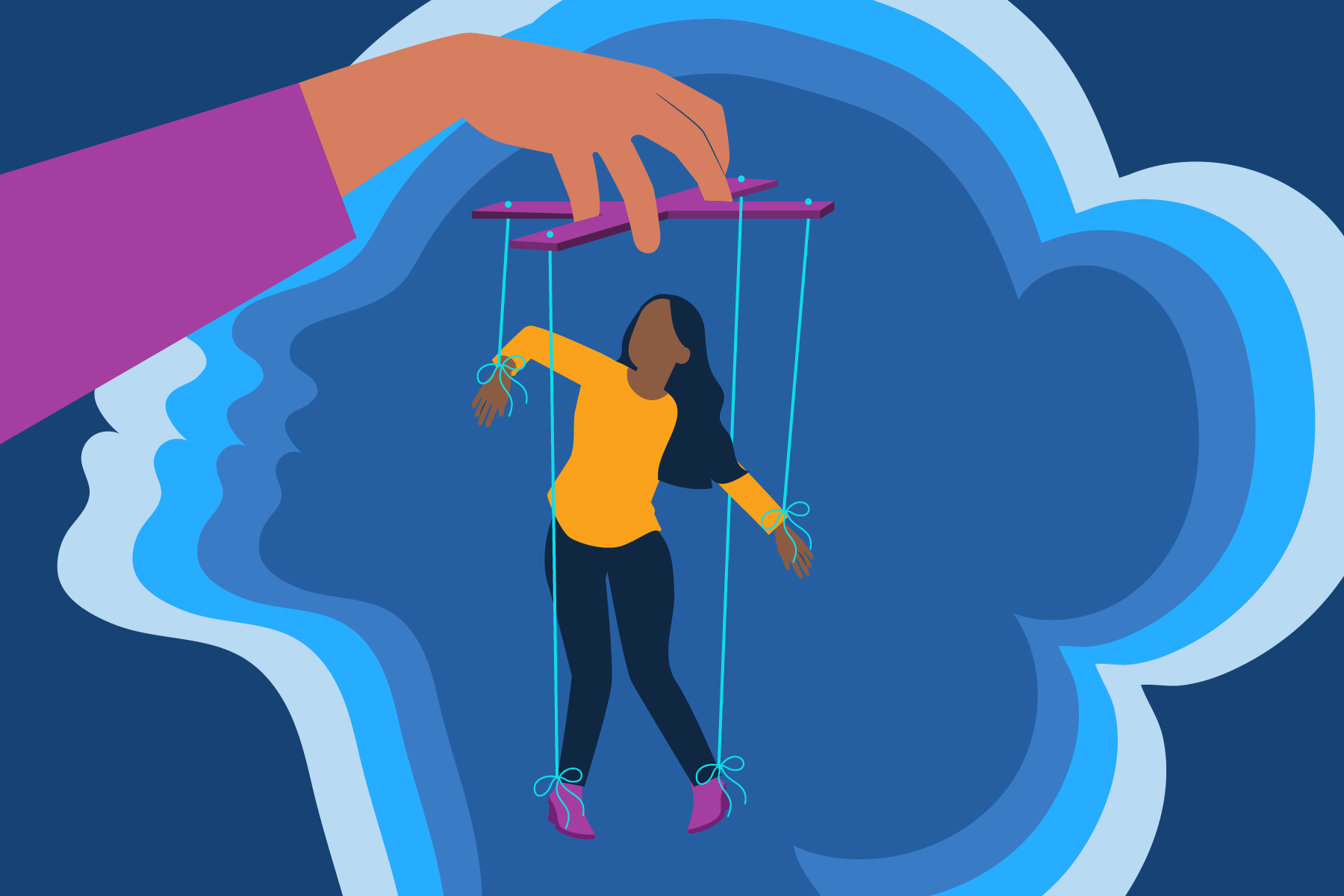What is Dance & Movement Therapy (DMT)
Dance/movement therapy, or DMT, is defined by the American Dance Therapy Association (ADTA) as “the psychotherapeutic use of movement to promote emotional, social, cognitive and physical integration of the individual.”
The creators of this therapy, many of whom were dancers, argued that dance and movement could enhance individuals’ well-being. Now, with research to support them, dance/movement therapists claim that the mind, body and spirit are connected and that all of these parts of the human experience need to be engaged in the healing process.
How Does DMT Work?
DMT is difficult to describe—to truly understand what it is, you may need to actively participate in the process, but it may look something like this:
After turning on the music, the therapist asks you and the other group members to form a circle and pay attention to your hands—to notice how they feel on the inside. She then asks you to move your hand and notice what sensations and feelings arise.
There is no right or wrong here. You are connecting to your body and expressing what you feel through movement. Welcome to dance/movement therapy!
An important aspect of DMT is that is it not scripted. A dance/movement therapist will observe you and assess what unique verbal and nonverbal forms of communication, including body movements, could help you to improve your quality of life. In other words, each session will unfold in a way that’s guided by you and your specific needs and abilities.
DMT takes into consideration emotional, physical, mental, and social aspects of your life and designs interventions to help you connect to yourself and others.
Although dance is a common DMT practice, so are meditation, yoga, play, breathing, relaxing, and sports, to name just a few of the forms that DMT can take.
DMT’s Effectiveness for Teens and Young Adults
A recent analysis of 20 years of research on dance-movement therapy found that it has helped participants:
- Decrease symptoms of depression and anxiety
- Increase a sense of well-being as well as a positive mood and emotions
- Enhance positive body image
Another recent study on the use of dance therapy in a psychiatric hospital showed that it significantly and positively changed the moods of a group of 400, 14- to 21-year-olds who participated in just one session. The ADTA emphasizes that young people are natural movers, so dance may be a more inviting, less threatening way to express themselves than other forms of therapy.
Dance/Movement Therapy for Substance Abuse Treatment
As you recover from a major relationship with a substance, dance/movement therapy can help you to develop new relationship patterns and types of relationships.
Using your body as a resource that can give you information about your unique experience and needs, the dance/movement therapist will help you to use that knowledge to develop alternatives to the addictive behavior.
Understanding that relationship stress often triggers people in recovery to begin using substances again, a dance/movement therapist can help you to express yourself and socialize in ways that allow you to feel more connected with others, and therefore less likely to turn to substances to feel safe in relationships.
For those who struggle to express their feelings with words, DMT offers you a way to do so without having to say them out loud.
Dance/Movement Therapy for Young People in Recovery
The uniquely personal focus of dance/movement therapy matches Sandstone Care’s whole-person approach to working with teens and young adults.
Our youth experts partner with you and your family to create a customized path forward that includes every aspect of your life, from substance and emotional struggles to school, work, friendships, physical health and living situations.
Sandstone Care has trained professionals available seven days a week to help you with any questions you may have about DMT and additional treatment options. Give us a call at 888-850-1890.




